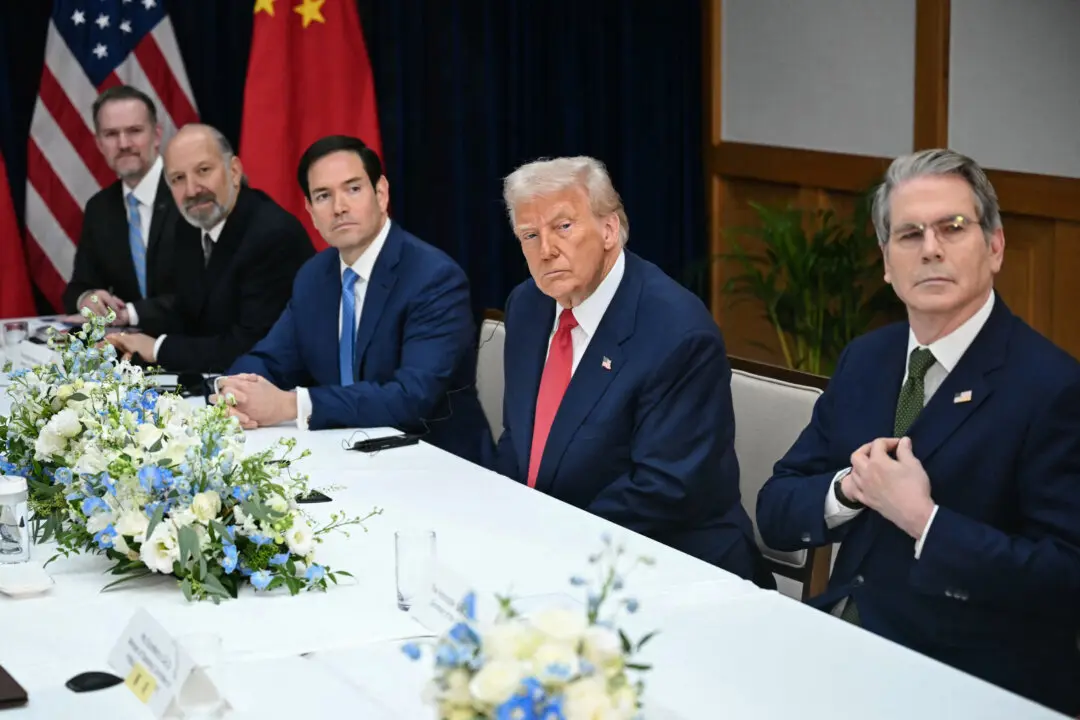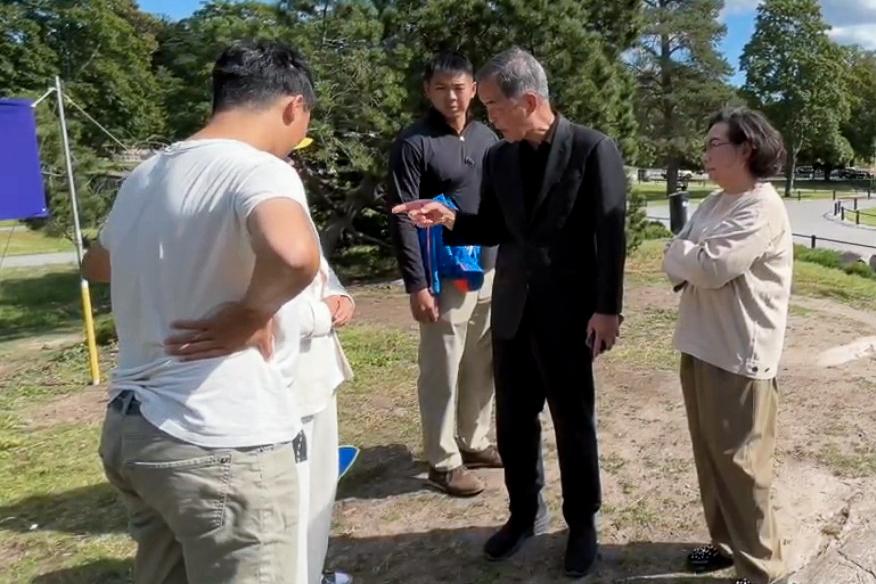The Changchun Changsheng Bio-tech scandal, involving over 250,000 faulty doses of the DPT infant vaccine, has further diminished the Chinese people’s trust in the authorities, just days after an expose of a defective rabies vaccine.
Including chairwoman Gao Junfang, 18 Changsheng executives have been arrested and placed under investigation by local authorities in Changchun, the northeastern Chinese city where the company is based.





